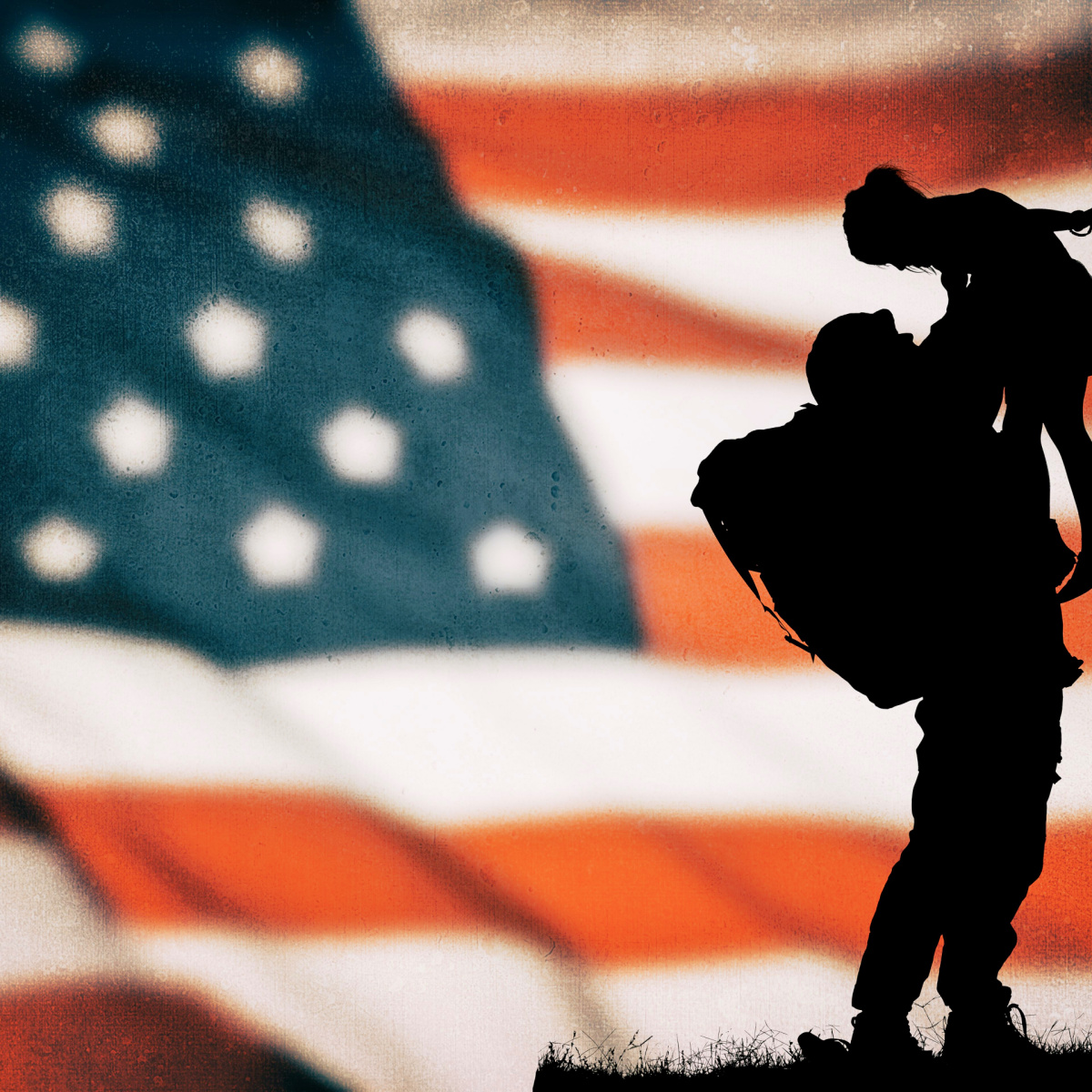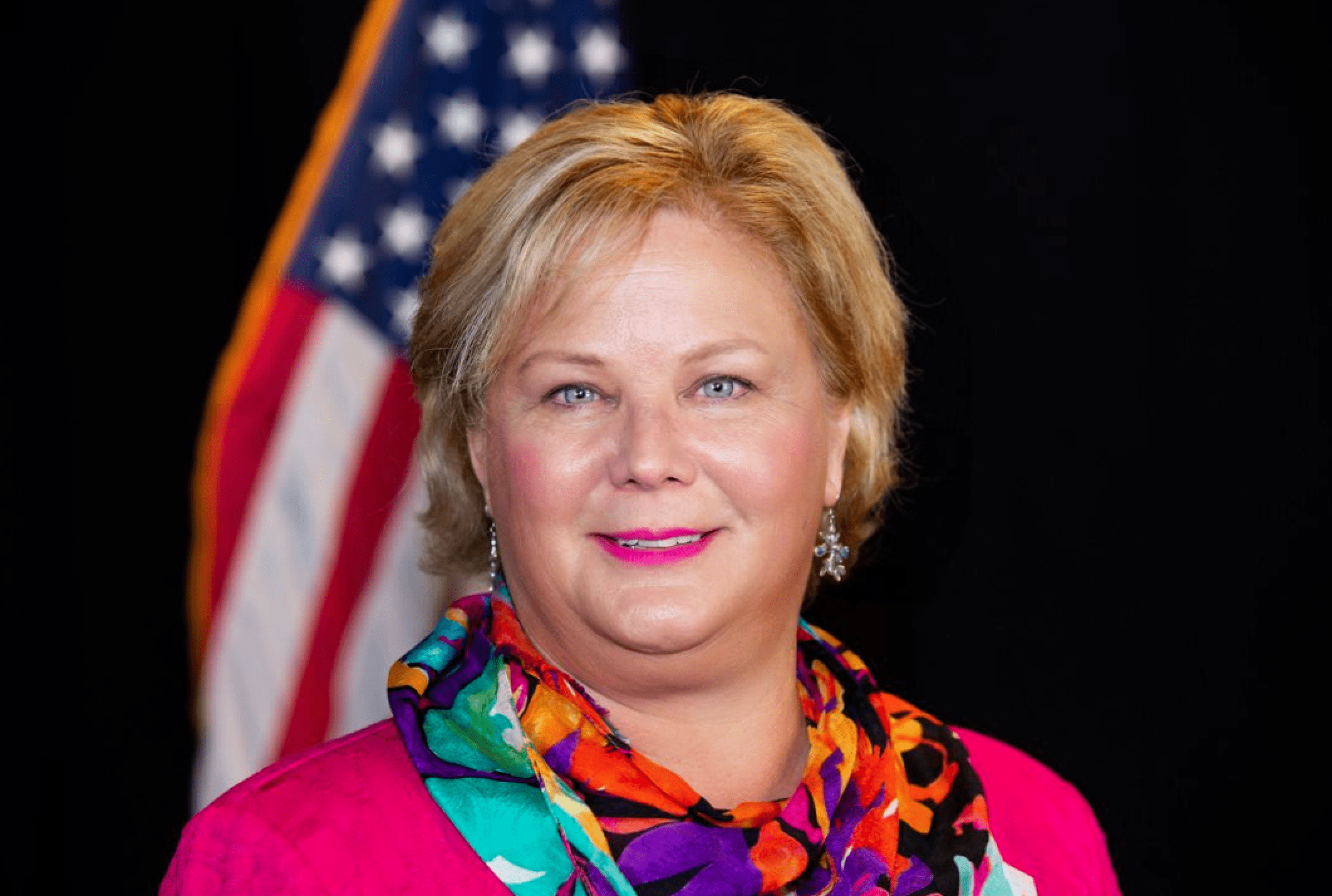
Right Time, Right Place, Right Intervention
to Reduce Veteran Suicides
The epidemic of untreated mental health issues hits our military service members and Veterans especially hard. Veteran suicide rate is fifty-seven percent higher than the general population. Unfortunately, two-thirds of Veteran suicides occur with firearms. Our youngest Veterans are most likely to commit suicide compared to older age groups. As our Veteran population, as with the general population, grows older, mental health issues and suicide are increasing in our older Veterans as well.
The federal government is responding with expanded access to care. A new law goes into effect this week enabling our Veterans to seek care wherever and whenever care is needed. Veterans Administration (VA) Secretary Denis McDonough announced the program saying
“Veterans in suicidal crisis can now receive the free, world-class emergency health care they deserve – no matter where they need it, when they need it, or whether they’re enrolled in VA care.”
Retired military in acute suicidal crisis will be able to go to any VA or non-VA health care facility for emergency health care at no cost – including inpatient or crisis residential care for up to 30 days and outpatient care for up to 90 days. Veterans do not need to be enrolled in the VA system to use this benefit.
What Drives the High Rates?
Military Life
Our entertainment industry romanticizes military life. The British Broadcast Network examined the military’s affinity for gaming to prepare for future warfare. It stands to reason that retired soldiers continue to immerse themselves. The line between entertainment and reality blur overtime. We know that many veterans have been exposed to traumatic events during their military service, such as combat, sexual assault, or other forms of trauma. These experiences can have a lasting impact on mental health, increasing the risk of suicide.
It’s important to note that getting help for mental health concerns, especially for active-duty service members, is still not easy and there are still barriers that need to be overcome. VA research highlights the barrier to seeking mental health services in active duty finding that access is the first hurdle. Many service members live and work far from treatment centers. Personal privacy and downtime are limited in all branches of the military. Additionally, confidentiality is an issue with commanding officers having access to care records. Many avoid seeking treatment seeing it as a sign of weakness that could negatively impact their career.
Civilian Life
The psychological impact of military service follows our veterans and their families. Consider the tremendous difference in military and civilian. Ironically, we know that soldiers “protect our freedom and way of life” but these American’s ideals that may be the hardest for returning soldiers to embrace. Returning service members report a variety of barriers to ‘normal life.’
Some veterans may feel isolated or disconnected from friends and family as they transition from the camaraderie of military service to living at home. Military training and lifestyle promote bonds and culture that are not present in open society. New veterans are left with finding their own way to cope with the transition. In fact, substance abuse is more prevalent among veterans and can worsen symptoms of mental health conditions and suicidal thoughts. And Veterans are more likely than the general population to have access to firearms. Tragically, shootings are the most common method of suicide among veterans.
Many veterans may face barriers to accessing mental health care, such as stigma surrounding mental health, lack of transportation, or difficulty navigating the VA healthcare system. The VA annual report indicates only thirty percent of Veterans receive care at a VA facility. In real numbers this means 10.2 million veterans did not have access to care prior to this new program.
The Veterans Affairs Suicide Prevention Program (VASPP) is aggressively working to treat mental illness and reduce suicides by providing targeted outreach and support to veterans.
Military Families
Like Veterans, military families serve our country and deserve our support. Family members witness the struggles and triumphs of returning to civilian life. It’s important to have open and honest communication with your loved one. Listen to them, validate their feelings, and be patient and non-judgmental. Also, it is important to encourage them to seek professional help and offer to assist them in accessing the resources they need. Caring for a loved one who is struggling can be emotionally and physically taxing. It is important to make time for self-care activities such as exercise, eating well, getting enough sleep, and taking care of your own emotional and mental well-being.
We encourage you to educate yourself about the mental health conditions and other issues that veterans may face, such as post-traumatic stress disorder (PTSD), depression, and suicidal thoughts. This can help you understand what your loved one is going through and how to best support them. In fact, joining a support group for families of veterans can provide a sense of community and understanding. This new program expands the options for care in and outside the VA system.
To repeat the program options, Veterans experiencing acute suicidal crisis will be able to go to any VA or non-VA health care facility for emergency health care at no cost – including inpatient or crisis residential care for up to 30 days and outpatient care for up to 90 days. Veterans do not need to be enrolled in the VA system to use this benefit. Please get help before it is too late. The Veterans Crisis Line, the National Suicide Prevention Lifeline, and local emergency services are here for you.



